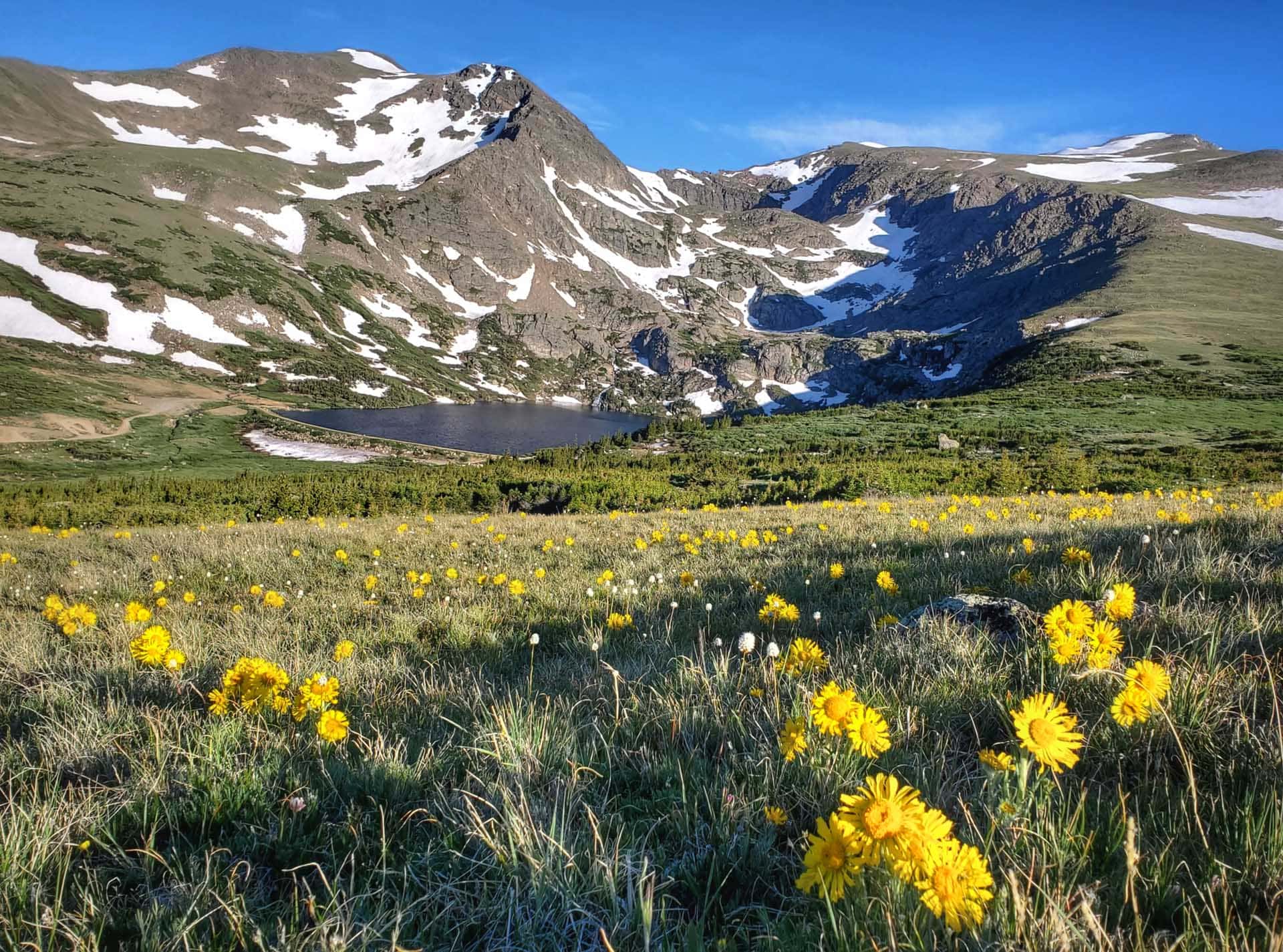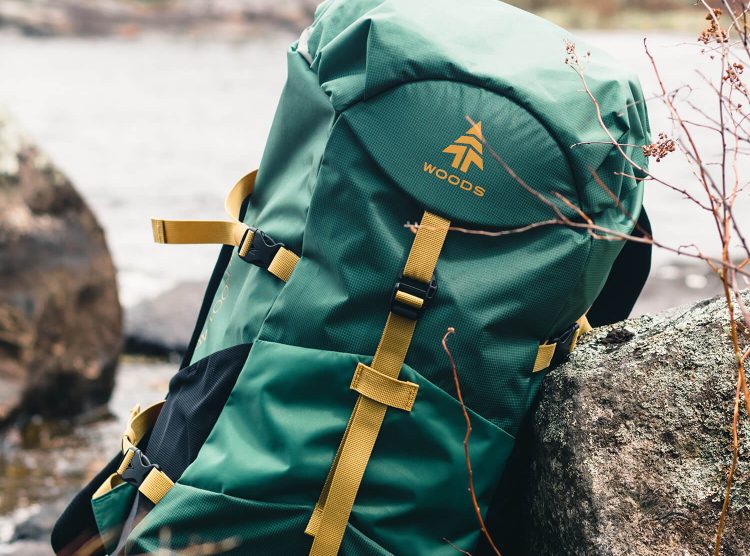To register for CDTC projects, please click “Learn more or apply” on the project you are interested in. Multi day projects can be found here: Multi- Day Trail Maintenance page Single Day Volunteer Events can be found here: One Day Volunteer Events. And our Adopter trainings can be found here: Adopter Trainings. Registration for the upcoming field season goes live March 1st.
Registration is on a first-come, first-served basis. You can register for as many projects as you are able to attend. CDTC will process your registration based on the date received, and place you on all projects indicated. As space is limited, please only register for projects you know you’ll be able to attend. Funding and the success of each project relies on the commitment of volunteers to attend the whole duration of a project. If you have to cancel please email CDTC staff as soon as possible so another volunteer can take your place on the roster.
It is free to volunteer! We encourage you to make a donation or become a CDTC member to help us cover project costs.
Please note: Some of our partner organizations may charge fees for their projects or trainings. To register for partner projects on the CDT, contact the partner organizations directly (as will be indicated in the project description.)
You will receive a confirmation email upon completion of the registration form. This email will say whether you are on the waitlist or the official roster. If CDTC staff have questions or concerns, they will reach out to you directly. Volunteers who are placed on a waitlist for a project will be informed as soon as a spot has opened.
For most CDTC projects, no experience is required, only a willingness to learn. CDTC and the partnering agency will provide you with the on-the-ground training you will need. If experience is necessary, or the project is more strenuous, it will be noted in the project description.
The specifics will be noted in each project description. While trail maintenance is inherently physical, most CDTC projects can accommodate a wide range of abilities and physicality. Please don’t hesitate to contact us to see if a project is right for you.
EASY (Typically frontcountry): Suitable for a wide range of abilities. May include: Minimal hiking distances of 1-2 miles, “light” work (brushing, minor tread repairs), mild elevation gain, front country setting. Great for first time volunteers. These projects are generally close to the trailhead and available to a wide range of physical abilities.
MODERATE (Frontcountry, remote frontcountry. or backcountry): May require longer hiking distances 3-5 miles daily, elevation gain of over 1000 ft. and/or more physically challenging work (heavy digging, tread construction and heavy maintenance, trail structures like bridges, puncheons, and rock steps.) Suitable for individuals who are comfortable on a short day hike and participate in a semi-regular exercise routine or who engage in consistent physical activity.
STRENUOUS (Backcountry or extremely remote): Longer hikes, 5 or more miles daily, backpacking or more primitive conditions, higher elevation or elevation changes. Suitable for individuals who have experience working and recreating outdoors, are physically fit, and like to sweat and participate in a regular exercise routine. If the project is backcountry, backpacking experience is necessary.
Each volunteer is responsible for bringing their own personal gear. Each project will vary in length and for the specific Frontcountry or Backcountry setting. Please review the project specs sheet you will receive one month prior to the project start date that will have gear recommendations for your project. Links to suggested gear are also included at the top of the page.
Meals (breakfast, lunch, dinner, and snacks) are provided on CDTC projects. We can accommodate most special diets but recommend the volunteer supplement with their own food to stay nourished and energized for the work. Some projects will have volunteer crew chefs who are there solely to cook and function as a camp host. Some projects will require the trail crew members to split up and perform cooking and camp chores with CDTC Crew Leaders.
We are always looking for more great crew chefs – please contact us for information on our Crew Chef Program.
On all of the projects you are required to carry your personal gear in a day pack or backpack. For travel to the worksite personal gear includes raingear, medications, lunch and snacks, personal protective equipment (hard hat, work gloves, sunglasses/safety glasses), plenty of water, warm layers, and any other personal items to keep you comfortable on the Trail. Volunteers will also have to carry two to three tools (shovel, Pulaski, pick mattock, McCleod, saw etc.). Most backcountry projects will have pack animals to assist in carrying basecamp gear, tools, and personal protective equipment. Volunteers will have to carry all of their own personal camping gear for backcountry travel. This will be indicated on the Project Specs for each project
Each project will vary, but common tasks include:
- Cutting and removing fallen trees to clear the trail corridor
- Maintaining and constructing structures such as puncheons, turnpikes, retaining walls, steps, or bridges
- Improving corridor by clearing overgrown vegetation on the trail
- Maintaining and improving the trail tread
- Digging new tread on reroute projects
- Decommissioning old bridges, turnpikes, and/or puncheons
- Naturalizing social trails and braided trails
7-8AM Breakfast
8-8:30AM Introductions, Work Objectives, Safety Talk
8:30AM Trail maintenance
12PM Lunch
12:30 PM Trail maintenance
4PM Return to Camp
6PM Dinner
For most projects, volunteers must be at least 18 years or older. Please contact us for specific questions regarding children and each volunteer project.
Trains, planes, and automobiles! Whatever mode of transport you choose to get to the project site, it is solely your responsibility to get to the meeting location on time. Whenever possible, we encourage volunteers to carpool to the project. This takes some coordination from CDTC staff and volunteers. If the registered volunteer is interested in carpooling, they should reach out to CDTC Field Programs staff upon completion of their registration form. Projects listed on the Volunteer Trail Maintenance page will list whether they require 2WD or 4WD. Please take these requirements seriously as the CDT is remote and can be challenging to access. Directions and maps to the meeting location or basecamp will be distributed to volunteers one month prior to the beginning of the project.
Please note that CDTC is not responsible for any flight plans or adjustments if the project is cancelled or rescheduled.
Yes, we fill positions for volunteers who can attend the entire length of the project first. This is because the CDTC relies on volunteer numbers to complete the trail maintenance work on schedule and this also upholds the integrity of CDTC’s Field Programs If there is still space available, we will then consider individuals that can work for a portion of the project length. It is mandatory to participate in the first day of the project for the orientation, safety, and project overview briefings.
An exception is in place for volunteer photographers who can stay for any duration and/or day of the project as long as they are able to provide their own food for the day.
Dogs and any other furry friends are not allowed at project work sites or the base camp for safety reasons and concern for the animal(s) and others involved in the project. No exceptions.
CDTC does not provide alcohol on projects, though occasionally a sponsor will provide donated libations. If a volunteer who is over 21 decides to bring and consume alcohol, they must do so in moderation and after designated work hours. We recommend a max of 2 adult beverages per evening so you feel well rested for the next day of volunteer work.




